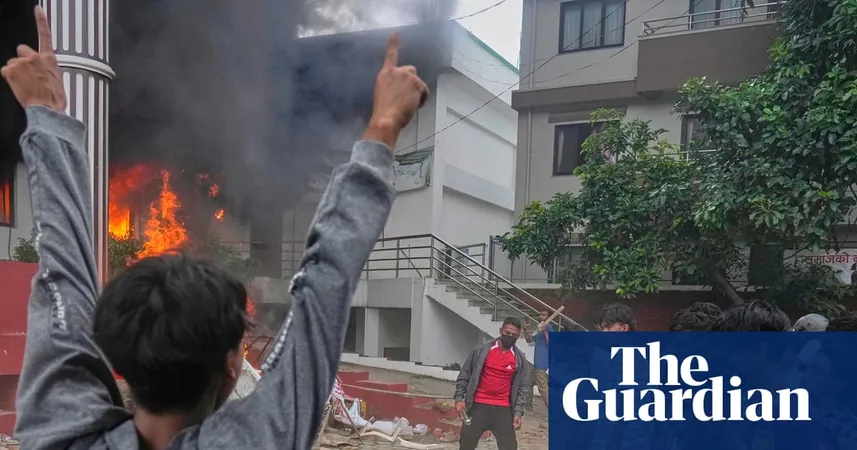
Nepal's Historic Shift: First Female Prime Minister Takes Office Amidst Youth Uproar
2025-09-12
Author: Benjamin
A New Dawn for Nepal
In a groundbreaking move, Nepal has officially sworn in its first female Prime Minister, Sushila Karki, following a turbulent week of protests that forced the previous government to resign. Her inauguration comes at a time of significant upheaval, sparked by widespread discontent among the nation's youth.
Youth Power Sparks Change
Thousands of young protesters, predominantly under 30, flooded the streets, protesting against stringent social media bans and rampant corruption among the political elite. Their demonstrations turned deadly when police used live ammunition, resulting in the tragic deaths of 21 civilians on what became known as Nepal's bloodiest protest day.
The Fall of a Prime Minister
As the protests escalated, enraged citizens set fire to government buildings, forcing Prime Minister KP Sharma Oli to seek refuge with the military and ultimately resign. Celebrations erupted among the protests, with many voicing relief at the exit of the 73-year-old leader who had been criticized for his authoritarian tendencies and disconnect with the public.
Empowering Youth Voices
The protests lacked a structured leadership, making the swift transition to a new government, led by Karki, all the more remarkable. Selected by a delegation representing the youthful protest movement, Karki, a renowned former Chief Justice known for her anti-corruption efforts, stepped into the role of leading an interim government.
Karki's Respected Leadership
Karki's judicial career has been marked by landmark rulings against corruption involving notable political figures. Even after her tenure as Chief Justice, she remained a fierce advocate against political malpractice, solidifying her reputation as a change-maker. The backing of popular figures like rapper-turned-mayor Balendra Shah further cemented her position as a symbol of hope for the younger generation.
Navigating Political Tensions
However, not all political parties were initially on board with dissolving the parliament. Tensions escalated until military chief Ashok Raj Sigdel warned of a potential state of emergency. This prompted party leaders to agree on Karki's appointment and the dissolution of parliament, paving the way for fresh elections.
Calls for Justice and Reform
Karki's interim government is expected to address pressing issues, including corruption allegations against the former prime minister and an investigation into the protest-related fatalities. Young leader Dheeraj Joshi expressed hope that her leadership would shift Nepal from a "phase of destruction to a phase of construction," emphasizing the need to tackle the corruption that has long plagued the nation.
A Future Full of Potential
While Karki’s ascendance marks a significant milestone, many acknowledge that real change will take time. Initial efforts will focus on identifying systemic issues that have hindered progress, with the promise of a more transparent and just future for all Nepalese citizens.
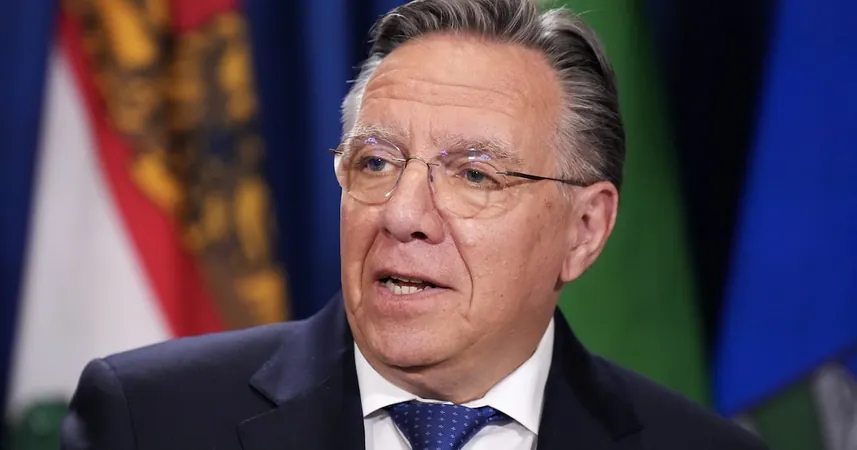

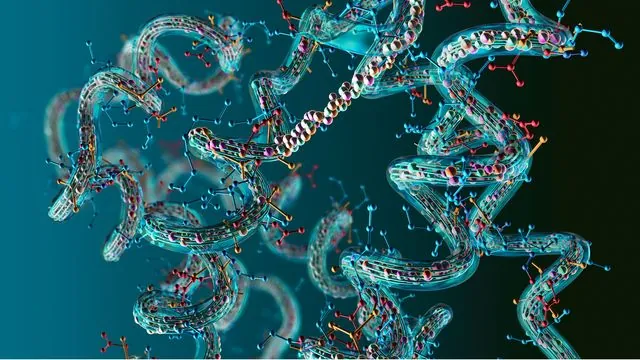

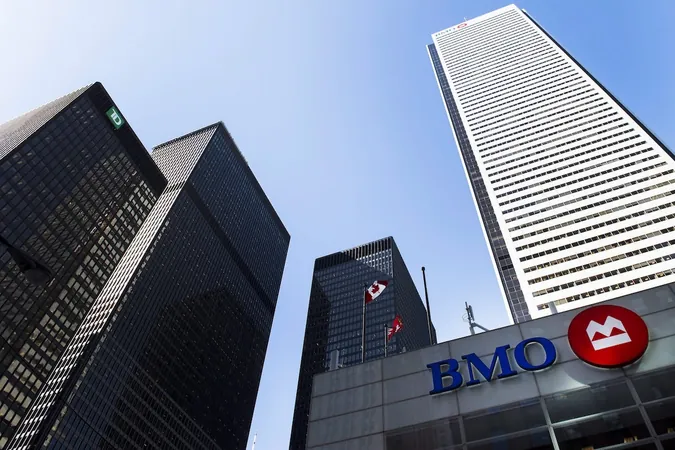
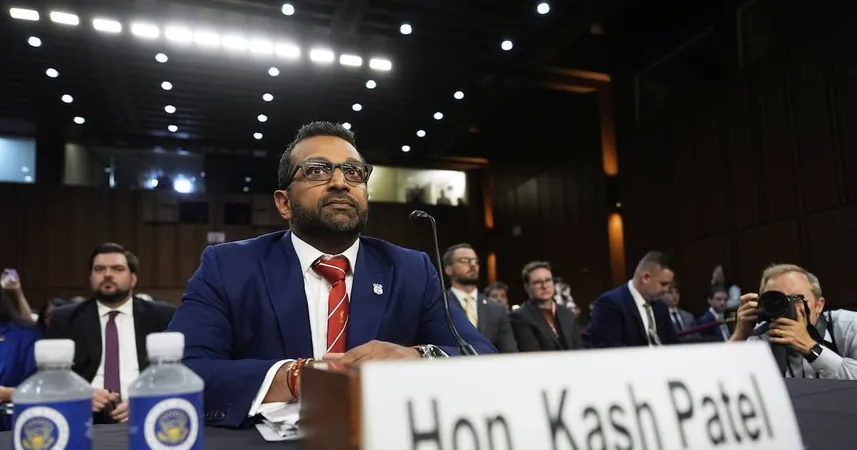
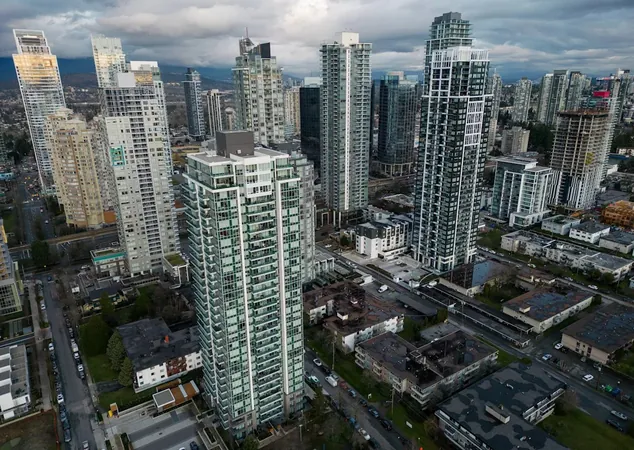
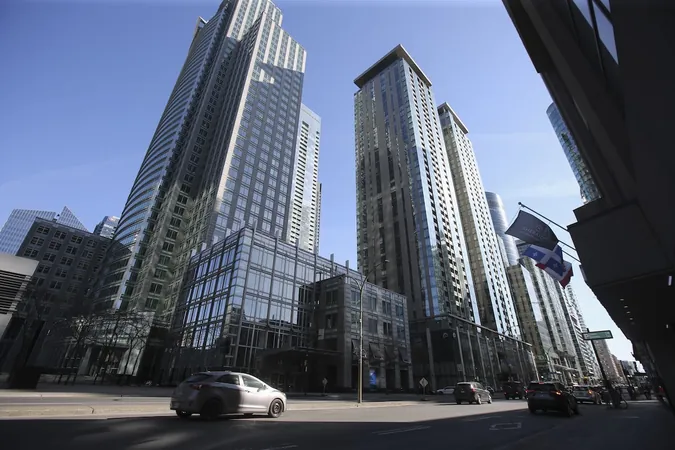

 Brasil (PT)
Brasil (PT)
 Canada (EN)
Canada (EN)
 Chile (ES)
Chile (ES)
 Česko (CS)
Česko (CS)
 대한민국 (KO)
대한민국 (KO)
 España (ES)
España (ES)
 France (FR)
France (FR)
 Hong Kong (EN)
Hong Kong (EN)
 Italia (IT)
Italia (IT)
 日本 (JA)
日本 (JA)
 Magyarország (HU)
Magyarország (HU)
 Norge (NO)
Norge (NO)
 Polska (PL)
Polska (PL)
 Schweiz (DE)
Schweiz (DE)
 Singapore (EN)
Singapore (EN)
 Sverige (SV)
Sverige (SV)
 Suomi (FI)
Suomi (FI)
 Türkiye (TR)
Türkiye (TR)
 الإمارات العربية المتحدة (AR)
الإمارات العربية المتحدة (AR)